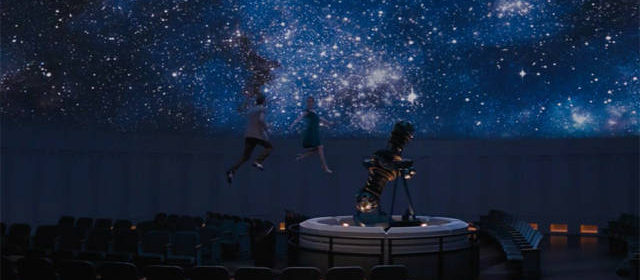A Motivating Urge

I have been recently reflecting on the “heroes” who have appeared throughout my life as significant influences. Some of these figures are far removed by distance and time, such as great saints and writers. However, there are other people in my life for whom the appellation of “hero” might seem misplaced or exaggerated, since we both live in the same time and there is not a legacy to speak of in the same way. A better word to use, perhaps, would be “inspiration,” and this label is frequently applicable to people I encounter in my everyday life, even if based only on one particular interaction during which a person behaved in an inspirational way.
What I want to reflect on in this post is what attitude we should adopt when faced with inspirations, in any sense of the word, whether they be a hero of great fame and repute, or an acquaintance we talk to briefly at a party. I think that there is both a negative mode of response and a positive mode of response, and which one we choose has great impact regarding our ability to stretch beyond ourselves and grow in the direction of whatever has inspired us.
Read more













